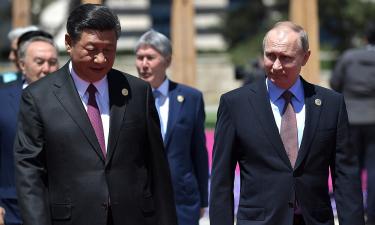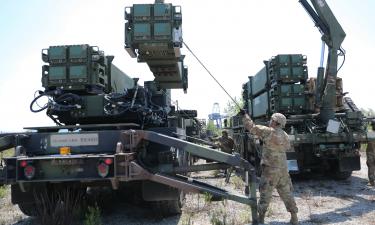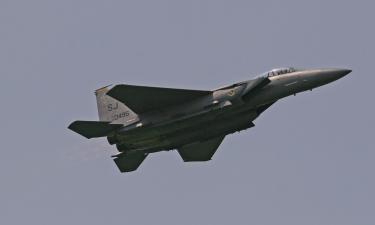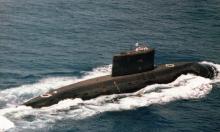News reports on terrorism to be censored in Russia
Journalists will have to stick to certain regulations in their reports about terrorist acts
The Russian government may equate street meetings to terrorist acts. A paragraph about it is included in the draft law “About the counteraction to terrorism,” which was submitted to the State Duma the day before yesterday. The draft law was developed by the Russian Federal Security Bureau. 
The new law introduces a new term in the Russian legislation – “the terrorist danger regime.” The term means that authorities will be empowered with restricting the pedestrian and the car traffic in the streets in case of a terrorist threat. In addition, special services will be entitled to tap telephones and ban massive street meetings. The draft law also stipulates that mass media outlets will not be allowed to conduct independent activities in the area of counter-terrorist operations. The terrorist danger regime can be put into effect for up to 60 days.
Having taken into consideration the hostage crisis experience in Moscow and Beslan, the authors of the law restricted mass media's opportunity to report details of a terrorist act. A chairman of the counter-terrorist headquarters will regulate the form and the amount of the information provided to media outlets at this point, the Kommersant newspaper wrote. Furthermore, accessing a special operation zone for journalists and reporters can be prohibited. If the press is allowed to report from the site of a special operation, it will not be possible for journalists to use candid cameras, take pictures and audio recordings without a special permission for that from the chairman of the special headquarters. To crown it all, the new draft law prohibits exposing the information about scenes or facts of extreme violence.
The new law has not evoked a universal approval in the Russian society, though. Experts stand against the media censorship as far as news reports about terrorist acts are concerned. However, they urge journalists not to assist terrorists with reports and publications. Oleg Khlobustov, a professor of the FSB Academy, said during a press conference that terrorists often used mass media to prepare new attacks.
”Media outlets often expose various characteristics of terrorists' bombs, for example. Furthermore, reporters may add something about a way to make the destructive effect more powerful. One may apply the following classification to all terrorists: they can be mentally unbalanced people, professionally trained guerrillas, or those who learn terrorism from TV, radio and newspapers,” Oleg Khlobustov said. A fourth of the terrorists can be referred to the last category.
The expert suggested the use of certain regulations, which journalists will have to stick to in their reports about acts of terrorism. “In my opinion, terrorists' requirements and statements must not appear without adequate comments from the special services. Journalists are not supposed to interview hostages, especially children, when they experience a state of profound shock and stress. The live broadcasting of special operations is not supposed to take place either,” Khlobustov added.
Oleg Nechiporenko, the General Director of the national anti-criminal and the anti-terrorist foundation, said that the anti-terrorist struggle gave birth to a new weapon of mass destruction, which was aimed against the mind of the society: “This weapon works on account of abundant information about terrorism in the media,” said he.
Subscribe to Pravda.Ru Telegram channel, Facebook, RSS!




